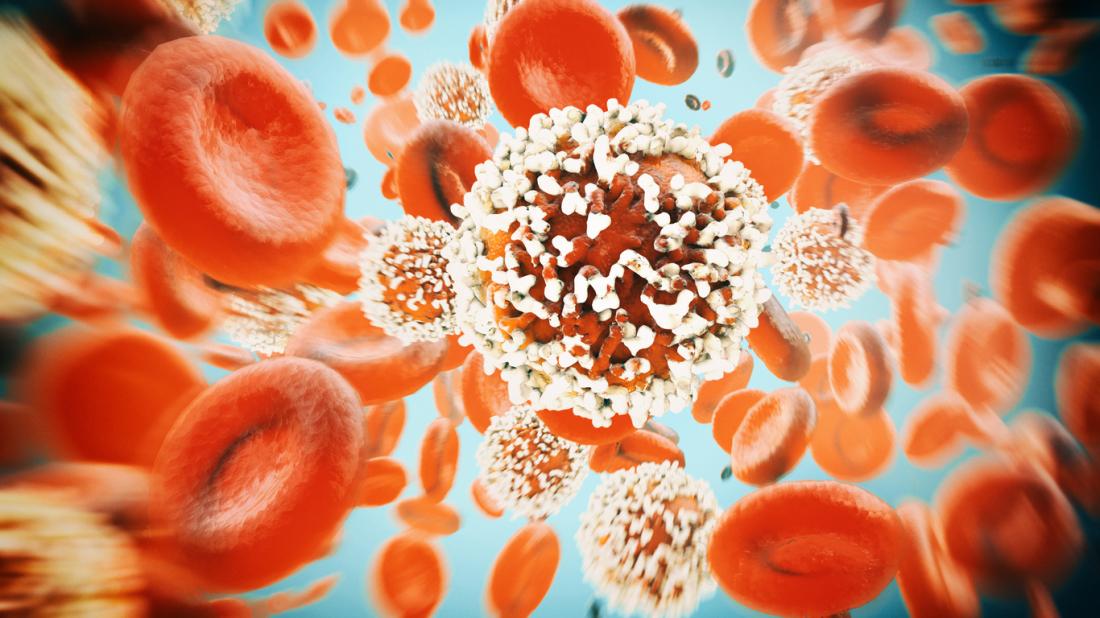Uncontrollable division and growth of cells which causes disruption in natural biological functioning of a body is what leads to cancer, which is recognised by WHO as the second leading cause of death globally. Higher risk of cancer development has always been associated with weight gain and ageing, which however does not affect the animal kingdom in the same manner. Whales, elephants and porpoises are less likely to be affected by cancer despite their large size and long life span. Scientists have been taking keen interest in this which led to researches to find out whether it can be of any help to humans. The findings reflected that, certain genomic loci had developed in a higher rate in whales than in other mammals, and these loci containing genes turned out to take active part in stimulating cell cycle, proliferation, and the process of in-cell DNA repair — essentially, the maintenance process of healthy cells. Tumor-supressing genes have also been found in whales which is an additional element that promotes prevention of cancer. One major finding suggests that animals out in the nature have found natural methods to evolve and develop in a way that cancer can be kept at bay. Scientists believe that, gaining a detailed knowledge can come up with preventive strategies and anticancer therapies that will be effective in fighting off human forms of cancer.

